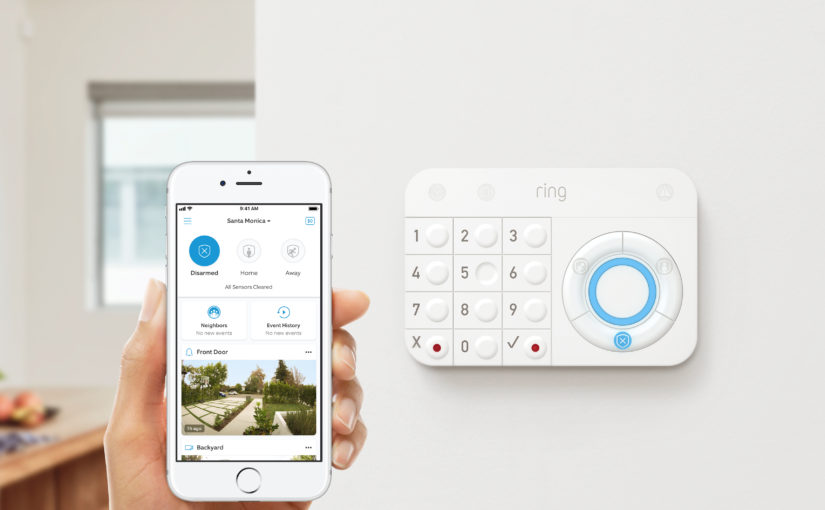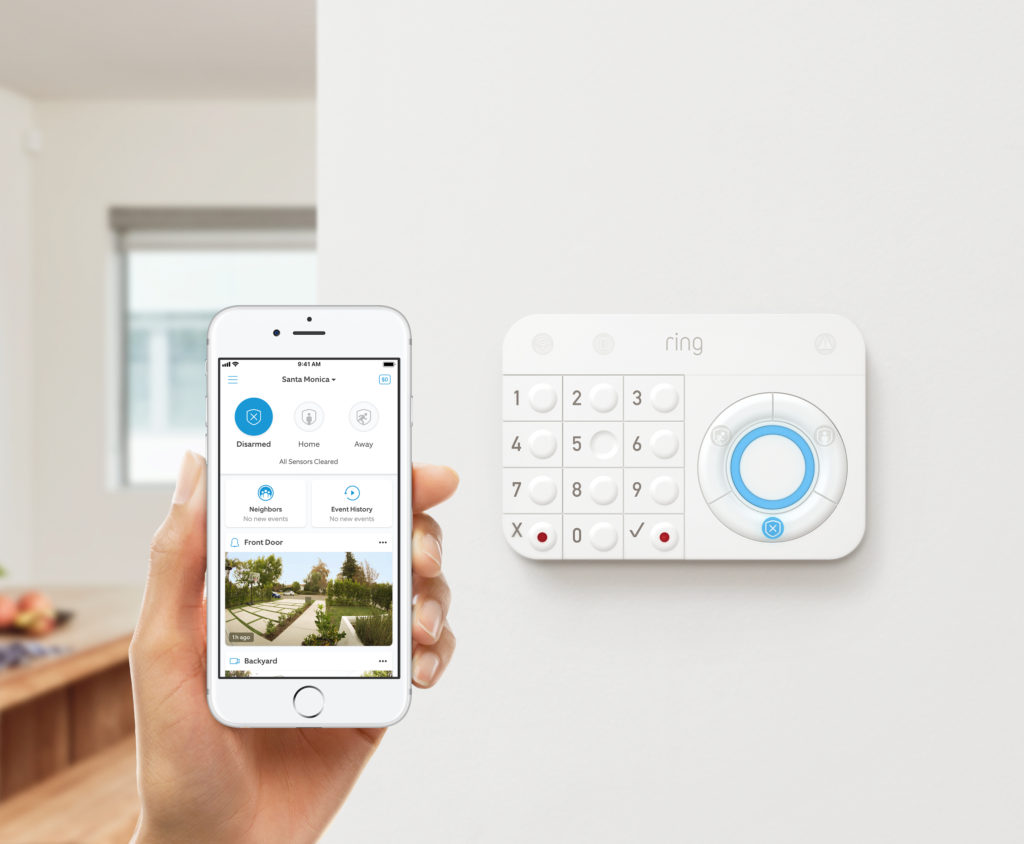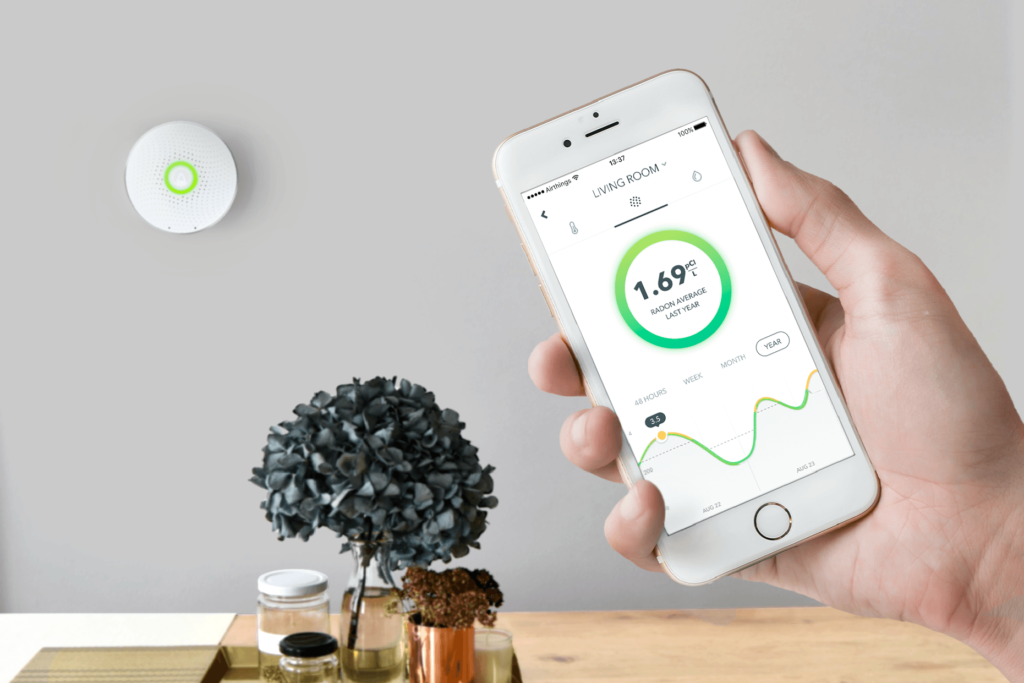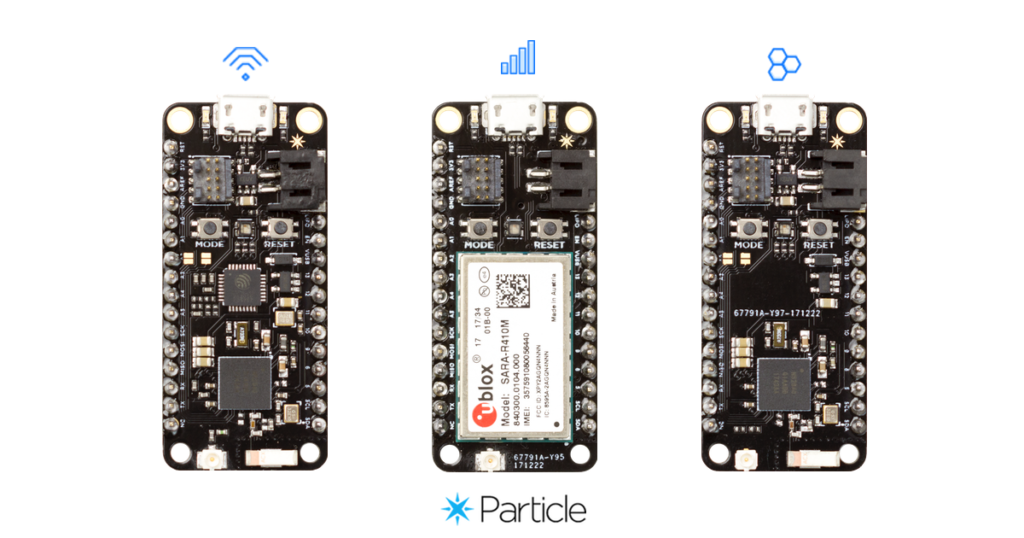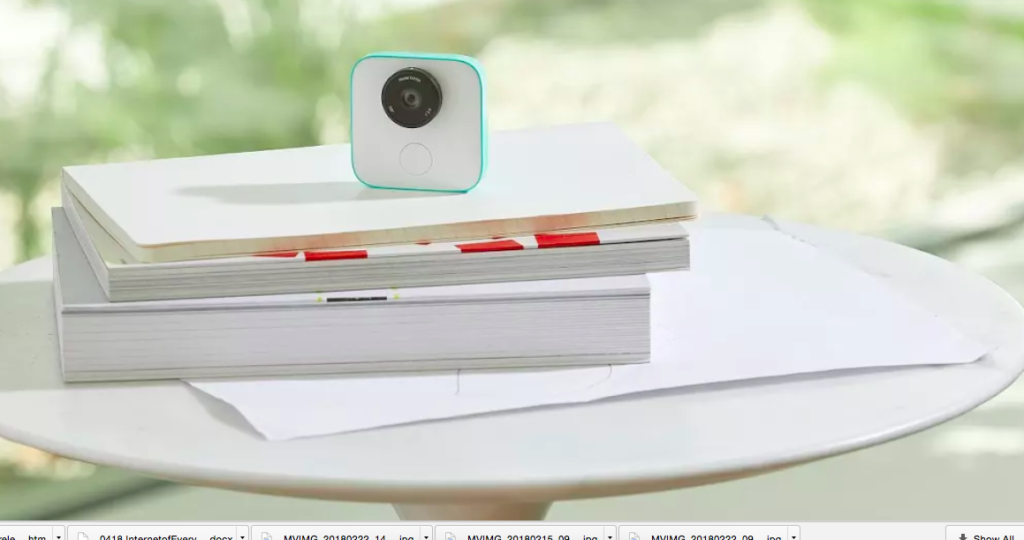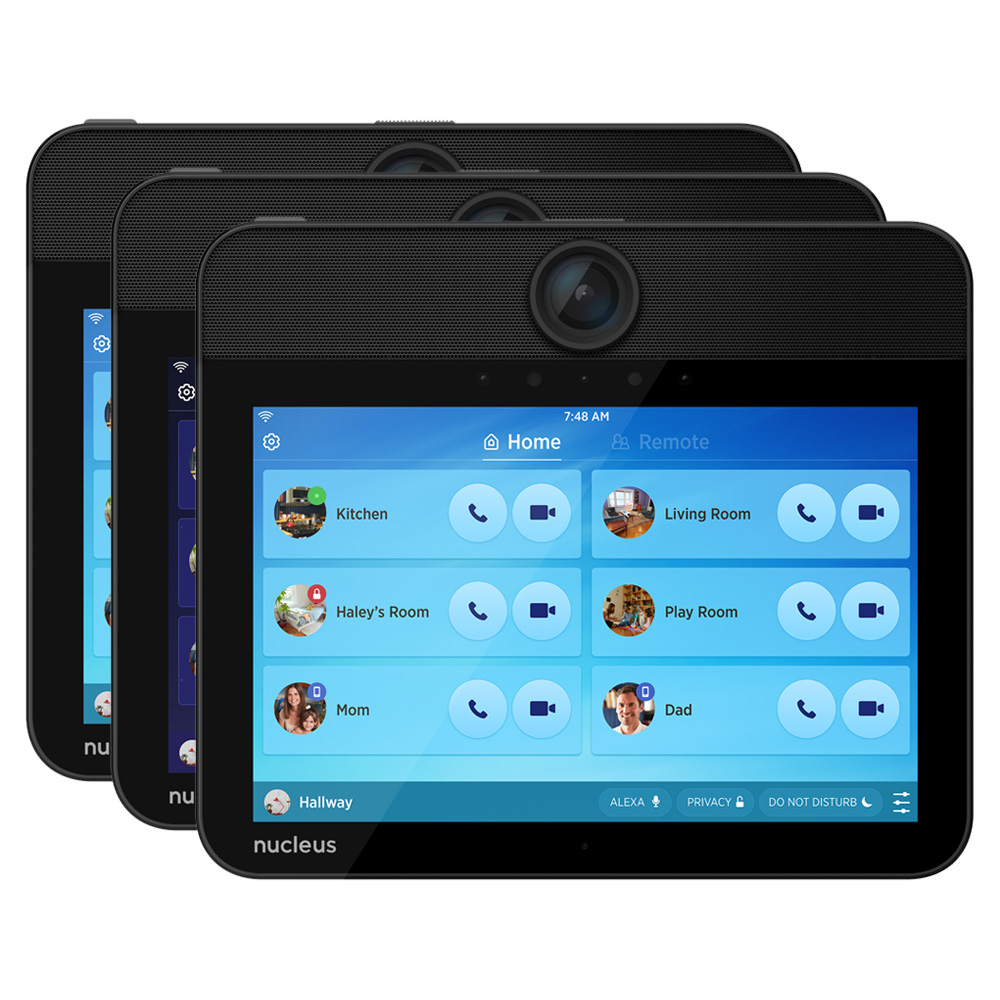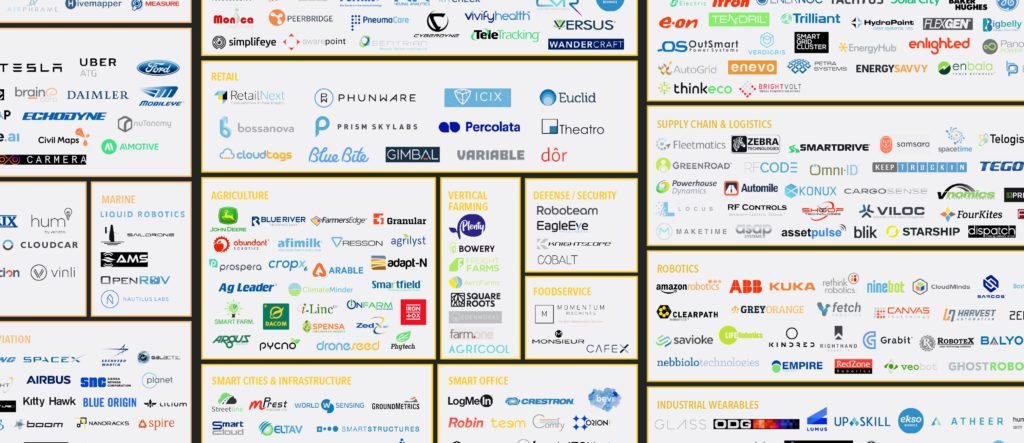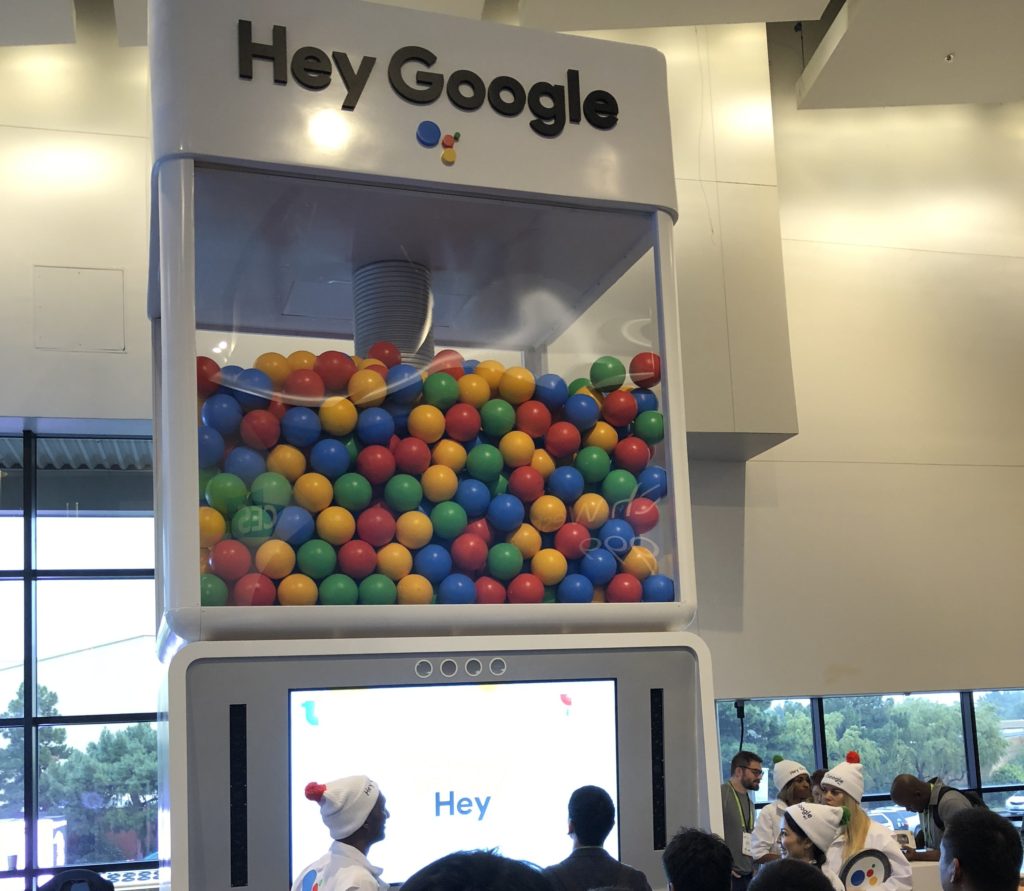This week I was at Google’s cloud event in San Francisco while Kevin swapped out his video doorbells. We discuss Google’s news related to edge computing and several pieces of doorbell news before talking about a few recent articles that show how far the smart home has to come. Kevin talks about the first NB-IoT tracker for the U.S., a new Bluetooth security flaw, and how Google’s cloud differs from AWS in his experience connecting our voicemail hotline to the cloud. We also cover a surprise contender for the worst connected device seen this week and answer a question on Alexa and hubs that is probably pretty common.
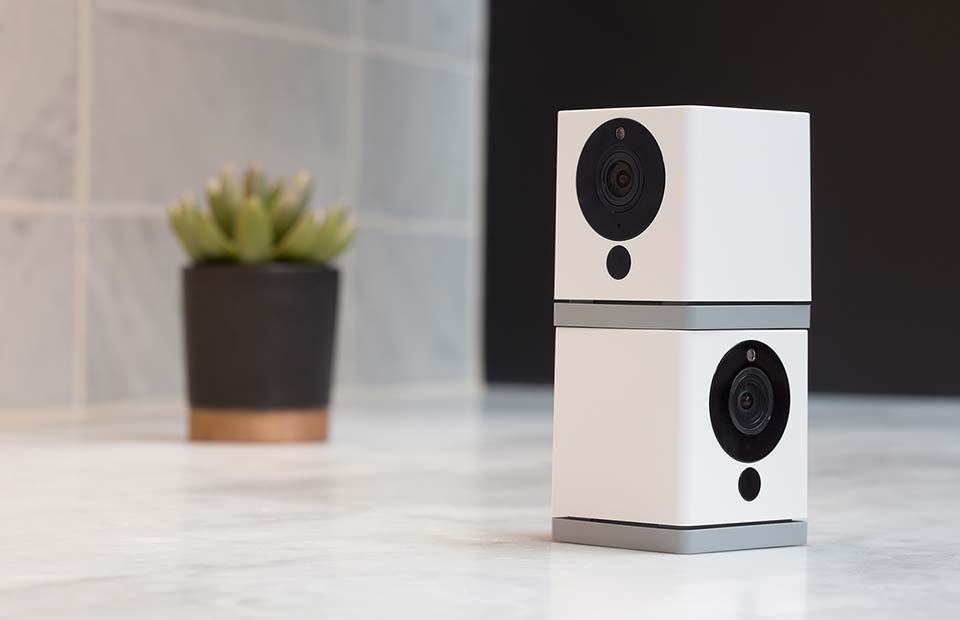
This week’s guest is Elana Fishman, COO of Wyze Labs, who came on to explain how the company can make a high-quality HD camera for between $20 and $30. The combo of a low price and a good camera obviously works. Wyze has sold more than 500,000 cameras so far! She also answers questions about security, privacy and the company’s recent integration with Amazon’s Alexa ecosystem. You’ll enjoy the show.
Hosts: Stacey Higginbotham and Kevin Tofel
Guest: Elana Fishman, COO of Wyze Labs
Sponsors: Afero and Smart Kitchen Summit
- How Google’s IoT cloud stuff compares with Amazon’s and Microsoft’s
- Neurotic people might not want smart home gear
- The dumbest IoT product of the week
- How does Wyze make a camera that costs 10X less than Nest’s?
- Wyze has sold half a million IoT devices. That’s insane!
Podcast: Play in new window | Download | Embed
Subscribe: RSS

